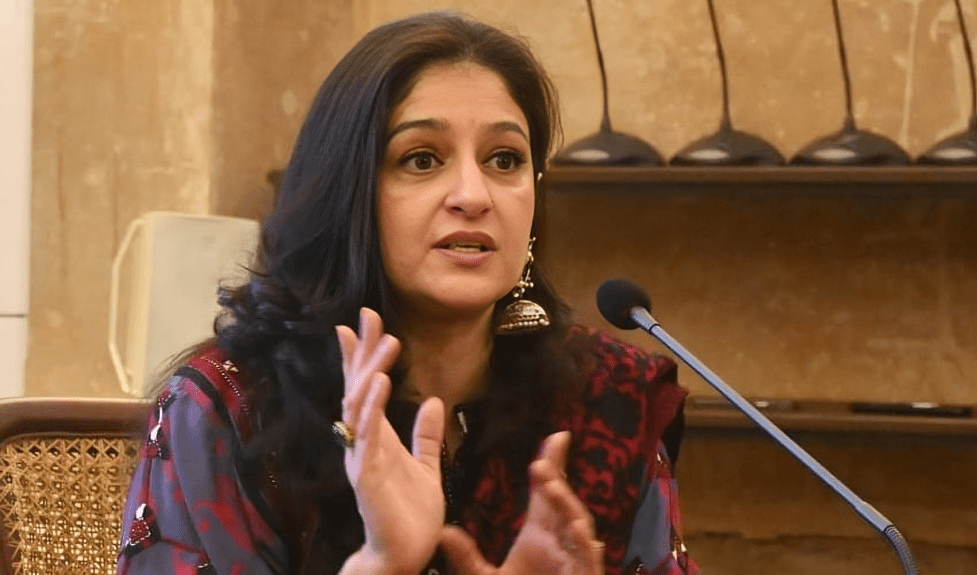Renowned actor and activist Nadia Jamil delivered a powerful critique of patriarchal parenting norms at a recent panel hosted by the Almawrid Women Society, advocating for mental well-being, shared domestic responsibility, and raising sons who don’t expect their wives to “mother” them.
“Your Wife is Not Your Mother” – Teaching Sons Equality
Jamil emphasized the importance of raising boys to understand that their future partners should not be expected to replace their mothers. “I may pamper my son, but that doesn’t mean his wife should have to,” she said, challenging the entitlement ingrained in many South Asian households.
Learning from Her Parents: A Model of Shared Responsibility
Reflecting on her own upbringing, Jamil credited her working mother for instilling confidence in her while praising her father’s active role in parenting. “Our father spent quality time with us—not out of obligation, but with care. If a woman doesn’t have that support, it’s her misfortune, not her fault,” she said, highlighting how unequal domestic burdens remain a systemic issue.
Raising a Daughter Differently: Boundaries & Self-Worth
As a mother to both a 23-year-old son and a four-year-old daughter, Jamil acknowledged her evolving approach to parenting. “I am a very different mother to my daughter because I now know my mental health matters. If I don’t care for myself, I can’t care for my child.”
She stressed the importance of setting boundaries—even with her son. “If he speaks to me disrespectfully, I won’t tolerate it. We must stop normalizing the erasure of women’s needs.”
Rejecting the “Sacrificial Mother” Myth
Jamil criticized the glorification of self-sacrifice in Pakistani motherhood. “Stories of women starving to feed their children are romanticized, but overcompensating comes at a cost. How much pressure we take on is our choice.”
Her message was clear: “I want my daughter to grow up self-reliant, working, and happy—not conditioned to believe her worth lies only in serving others.”
By sharing her journey, Jamil sparks a crucial conversation on breaking generational cycles of emotional labor—and redefining what it means to be a mother in a patriarchal world.


